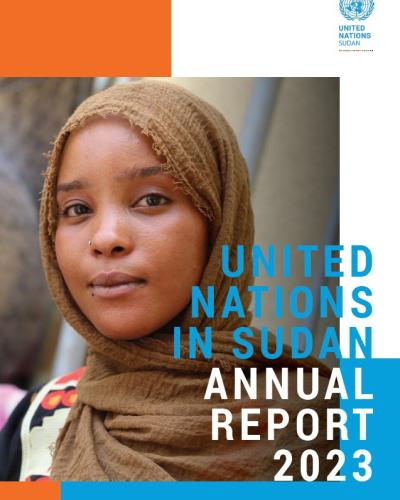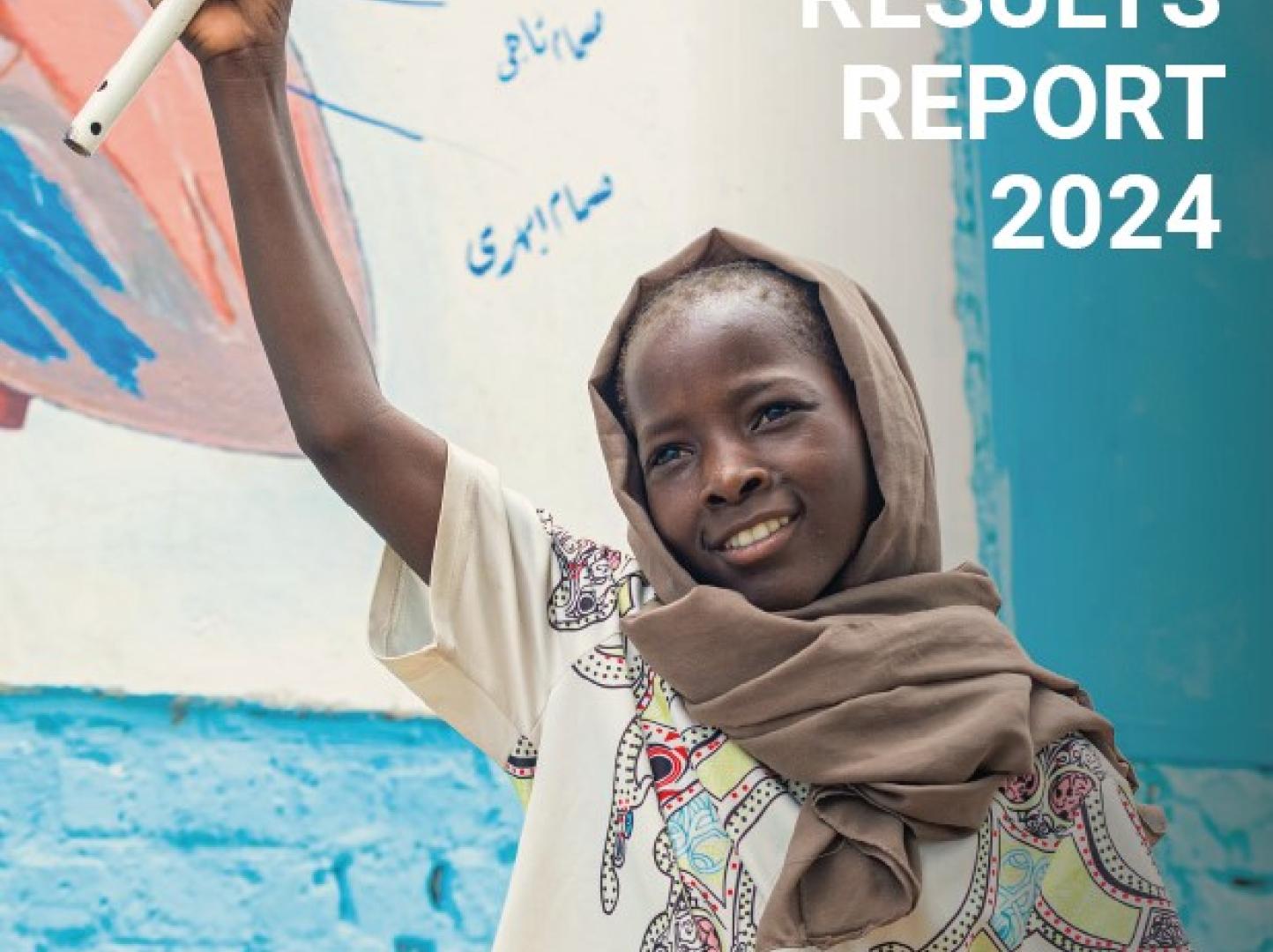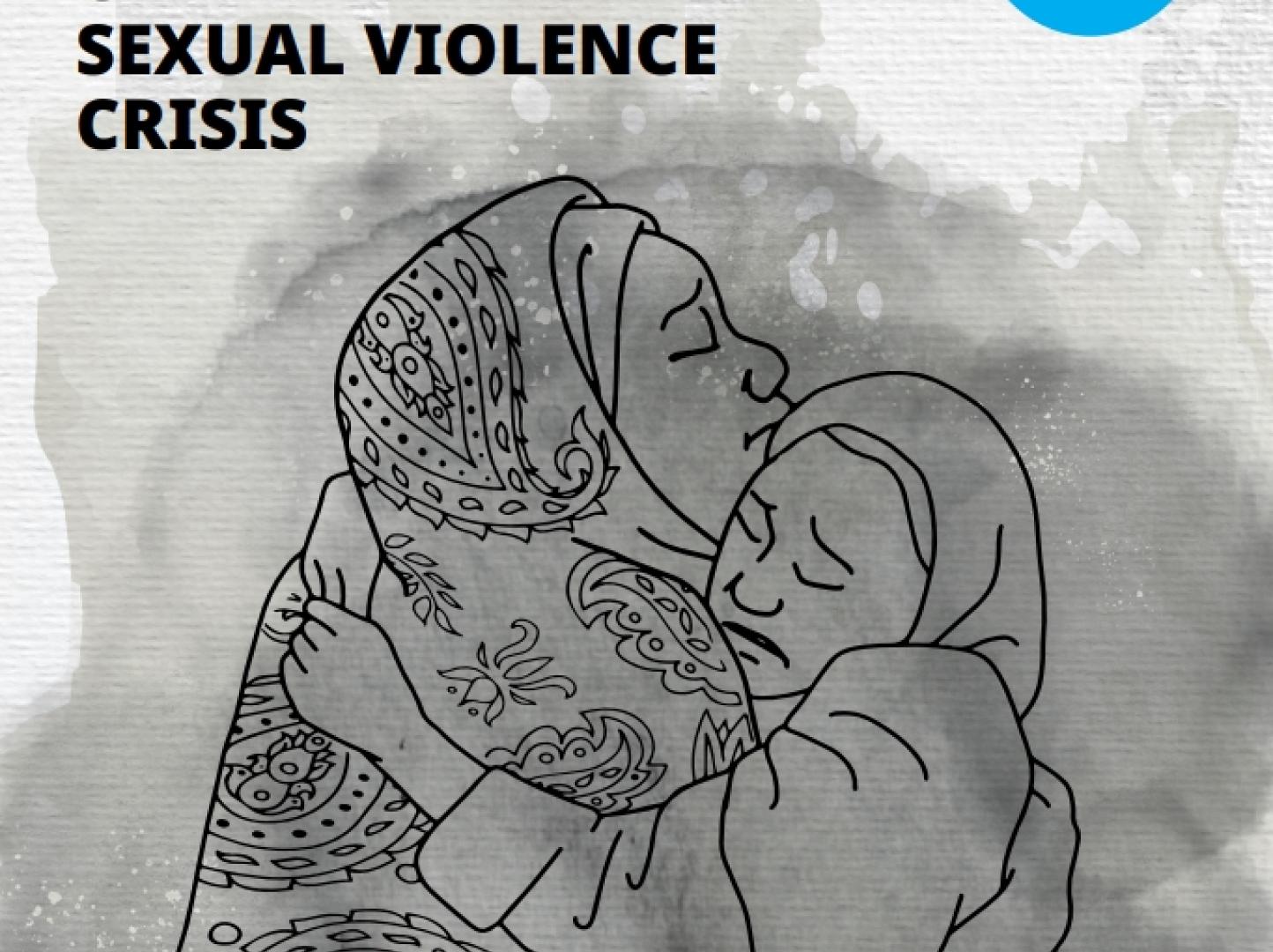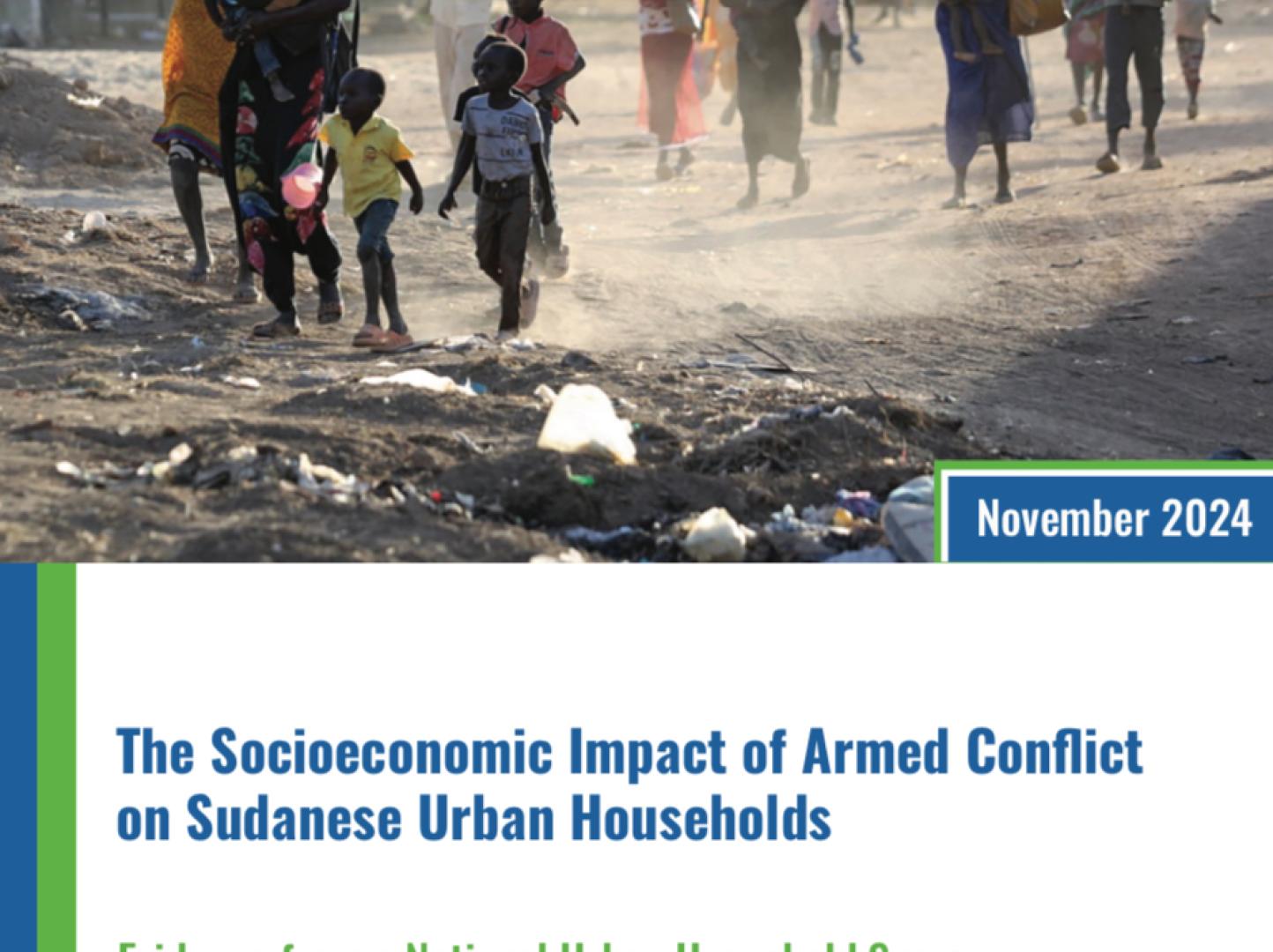United Nations in Sudan Annual Report 2023

This report focuses on 2023, another challenging year for Sudan as political crises escalated and remained unresolved. As of April 2024, one year into the devastating country-wide conflict, half of Sudan’s population, 25 million people, are in need of humanitarian assistance. Additionally, 8.6 million people are displaced inside and outside Sudan, and over 14,000 women, men, and children have reportedly been killed.
The United Nations Country Team (UNCT) in Sudan responded to the outbreak of violence in April 2023 by relocating many programmes and agencies to Port Sudan. We quickly adjusted programmatic and funding priorities to open new offices and warehouses to meet the most immediate needs in an ever-changing and worsening situation. The need for shelter, food, water, sanitation, protection, sexual and gender-based violence (SGBV) prevention, trauma care and other assistance continues to increase throughout the country.
In 2024, UN partners appealed for US$4.1 billion through the 2024 Sudan Humanitarian Needs and Response Plan and the 2024 Sudan Refuge Response Plan to address the most urgent humanitarian needs in Sudan and neighbouring countries hosting large populations of Sudanese refugees. This represents a significant increase from the 2023 appeal of $2.56 billion which was the largest appeal for the country at the time, highlighting the severity of the situation on the ground.
Insecurity and looting of partners’ assets and supplies have challenged the humanitarian response, as have floods and other destruction of infrastructure. Nonetheless, several key achievements were realized through UN programmes and interventions, including: 15.4 million children screened for malnutrition; 8.5 million children under-five vaccinated against polio; 6.2 million people benefitted from food assistance; 313,400 children received lifesaving malnutrition treatment; nearly 200,000 children and women accessed GBV risk mitigation, prevention, or response interventions; over 150,000 people learned about mine and UXO risk and peacebuilding; nine human rights forums organized; and the Darfur Permanent Ceasefire Committee established and operationalized.
I thank our partners and the dedicated UN staff in Sudan and elsewhere for their dedication, commitment and contributions amidst this challenging environment. The UN is committed to continuing and expanding our lifesaving work, with a focus on returning to political negotiations and alleviating human suffering.
Clementine Nkweta-Salami
Deputy Special Representative of the Secretary-General, Resident and Humanitarian Coordinator in Sudan





















